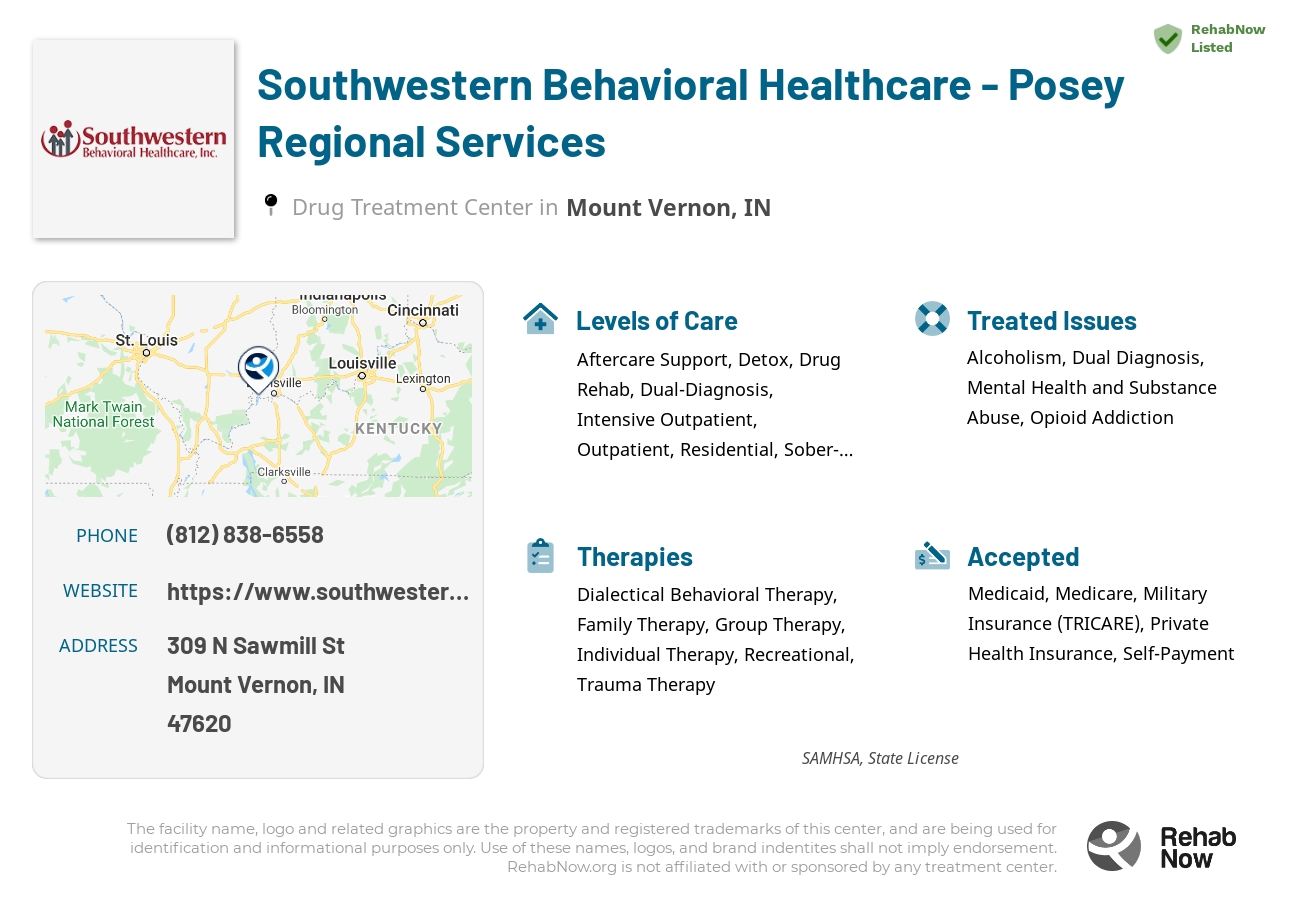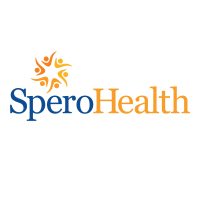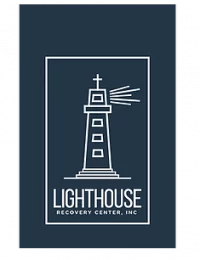Southwestern Behavioral Healthcare - Posey Regional Services
Drug Rehab Center in Mount Vernon, Indiana
Southwestern Behavioral Healthcare - Posey Regional Services in Mount Vernon, Indiana offers mental health and addiction treatment services including outpatient programs, psychiatric evaluations, medication management, and therapy for individuals, groups, and families. They also provide comprehensive treatment for addiction and substance abuse, with accreditation from CARF and The Joint Commission.
About Southwestern Behavioral Healthcare - Posey Regional Services in Indiana
Southwestern Behavioral Healthcare - Posey Regional Services in Mount Vernon, Indiana is a mental health and addiction treatment facility. Founded in 2003, the mission of this facility is to provide compassionate, individualized treatment and support to individuals and families in need. Services at Southwestern Behavioral Healthcare include intensive outpatient programs, psychiatric evaluations, medication management, and therapy for individual, group, and family therapy. In addition, their facility also offers screenings and assessments, residential care, and day treatment services.
Southwestern Behavioral Healthcare - Posey Regional Services provides various treatment options for those suffering from addiction and substance abuse. Some of these services include integrated treatment plans to assess the needs of each individual, interventions to help individuals find the right treatment plan, and resources to support families in their loved one's recovery. As part of their comprehensive approach to treatment, they also offer medication-assisted treatment, relapse prevention and recovery coaching, and aftercare services. To help patients achieve the best results possible, the facility also provides individualized counseling and case management services.
Southwestern Behavioral Healthcare - Posey Regional Services is accredited by the Commission on Accreditation of Rehabilitation Facilities (CARF). Through their accreditation, they have achieved their commitment to provide the highest quality of care and support to those in need. Their facility also holds the Gold Seal of Approval from The Joint Commission, which is a leading accrediting body for health care organizations. Additionally, the facility has been recognized for its efforts in providing excellence in patient services with awards from the Indiana State Senate, the Indiana Department of Mental Health, and the Posey County Commissioner.
Genders
Ages
Modality
Additional
Accreditations
State License
SAMHSA
Conditions and Issues Treated
Many people who struggle with opioid addiction need to attend specific programs like methadone , Suboxone or Vivitrol clinics.
These types of programs will provide the patient with legal, prescription medications that can help them overcome their cravings for illegal opioids like heroin or fentanyl . If the patient has a chronic condition like Hepatitis C, they must undergo treatment before they can begin taking these medications.
Dual Diagnosis is a specific relationship between two or more disorders that have the same symptoms and can sometimes be treated together. This is used in the treatment planning process when dealing with drug addicts. Dual diagnosis can be viewed as a chronic medical condition that has comorbid psychiatric disorders.
Although addiction and a mental illness may have separate symptoms that are not easy to detect, they often go hand in hand. Many times, drug abuse is a direct result of the mental illness. In other words, treating the addiction will not resolve all of your issues. Unless you also treat the underlying mental illness, you will not be successful in achieving sobriety.
Levels of Care Offered
This center offers a variety of custom treatment tailored to individual recovery. Currently available are Aftercare Support, Detox, Drug Rehab, Dual-Diagnosis, Intensive Outpatient, Outpatient, Residential, Sober-Living / Half-Way, with additional therapies available as listed below.
Detox refers to the progressive elimination from the body of toxins. The detox period depends on the form of addiction, the length of drug abuse, and the state of health. Under the supervision of medical practitioners, MAT detox based in Mount Vernon, IN requires the use of medications.
An intensive outpatient program is usually the first phase of addiction treatment. It provides relief for those who are addicted, but are not ready to commit to an inpatient setting. Typically, the patient lives at home and is able to work or go to school. IOPs consist of a daily 3 to 5-hour program, and there is a required number of hours per week. Most patients go to IOP between 20 and 40 hours per week. The patient attends group counseling and individual therapy throughout the duration of treatment. They also meet daily with their therapist to discuss how it’s going and where they are in the recovery process.
The goal here is to teach patients healthy coping skills, such as stress management and identifying thoughts and behaviors that lead to relapse. The implementation of these skills will be useful as the individual transitions into the next phases of treatment.
An outpatient treatment program is set up to help with alcohol or drug addiction, or a co-occurring disorder. The patient must attend the Indiana facility for their therapy and other programs but are able to return home each night. The frequency of mandatory attendance decreases after much of Southwestern Behavioral Healthcare - Posey Regional Services‘s program is complete.
Sober Living Homes are an option for those who have completed a treatment program within the past several months. However, it isn’t advisable to use this as a permanent living arrangement because it can lead to a relapse .
The goal of a sober living home is to provide a supportive environment for recovering addicts so they don’t need to return to their previous lifestyles. The homes will not accept residents who are still using drugs or alcohol, and those living in the house must follow a set of rules dictating how they should behave to avoid relapsing.
Residential treatment programs are those that offer housing and meals in addition to substance abuse treatment. Rehab facilities that offer residential treatment allow patients to focus solely on recovery, in an environment totally separate from their lives. Some rehab centers specialize in short-term residential treatment (a few days to a week or two), while others solely provide treatment on a long-term basis (several weeks to months). Some offer both, and tailor treatment to the patient’s individual requirements.
Aftercare is a term that’s used to refer to any sort of continuing care offered for a drug addict who has voluntarily entered a rehabilitation program. This type of care can be provided in several settings, including outpatient therapy sessions after the addict has completed an inpatient program. There are also 12-step support groups, such as Alcoholics Anonymous, which can provide additional help for addicts trying to stay sober.
Therapies & Programs
Individual Therapy is a critical component of addiction recovery. Therapists work with patients to identify the root of their addiction and figure out how to better handle the issues that led to them using drugs. Individual Therapy is the one-on-one session where people meet with their therapist. Individual therapy provides a safe space for people to open up and discuss personal and sensitive topics which they may not feel comfortable discussing in a group setting.
Family therapy will also help families realize that the addiction is not their fault. For many years, people blamed themselves for an addict’s behavior and felt that they had done something wrong. This is not the case. Addiction is a disease, and it can strike anyone, even if their life seems fine from the outside. It can bring a lot of shame to a family when they have an addict in their midst, but if everyone is open and honest with each other, then they can help everyone stay in recovery.
Group Therapy is utilized by drug treatment centers like Southwestern Behavioral Healthcare - Posey Regional Services to provide the recovering drug addict with a platform to talk about their feelings and experiences. It also provides for an opportunity to learn from other addicts who have successfully overcome their addiction.
Group Therapy is employed in lectures, seminars, or discussion groups (the latter two are typically conducted as “therapy groups”). It is recommended that all group members be recovering addicts for this type of therapy to work (though it does not exclude others with lived experience).
Trauma therapy is a clinical process that helps individuals deal with mental stress often caused by traumatic events. It is generally done for children, teenage victims of sexual assault, and war veterans. The therapist helps the person identify, understand and work through the problem. This is done with the help of talking about it in group or one-on-one counseling sessions. Therapists use relaxation, role-playing, art, and music to help the person open up about what is bothering them.
Dialectical Behavior Therapy (DBT) is used by drug treatment centers across the United States to help drug addicts become sober. DBT combines traditional behavioral treatments with elements from DBT, including dialectics, distress tolerance, and interlocking issues. It is commonly used to treat Borderline Personality Disorder (BPD) along with substance abuse disorders. The four DBT modules are mindfulness, interpersonal effectiveness, emotion regulation, and distress tolerance.
Cognitive behavioral therapy is also a popular service for individuals living with addiction. This type of supportive treatment uses both one-on-one counseling and group sessions to teach addicts how to identify thoughts, behaviors and emotions that might increase their risk of relapse.
These professionals can help addicts develop coping skills for managing stress, improving self-esteem and overcoming triggers. They might also use behavioral therapy to help addicts learn how to avoid cravings and warning signs that could lead them back into addiction.
Therapy can be used as a step-down from inpatient treatment or as the primary method of overcoming an addiction. No matter which option is best for the addict, they will teach important emotional coping techniques, which can make it easier for addicts to get through the tough days.
Payment Options Accepted
For specific insurance or payment methods please contact us.
Is your insurance accepted?
Ask an expert, call (888) 674-0062
Southwestern Behavioral Healthcare Associated Centers
Discover treatment facilities under the same provider.
- Southwestern Behavioral Healthcare - Stepping Stone in Evansville, IN
- Southwestern Behavioral Healthcare - Stepping Stone in Evansville, IN
- Southwestern Behavioral Healthcare - Gibson Regional Services in Princeton, IN
- Southwestern Behavioral Healthcare - Moran Center in Evansville, IN
- Southwestern Behavioral Healthcare - Dennis N. Moran Center in Evansville, IN
Learn More About Southwestern Behavioral Healthcare Centers
Additional Details
Specifics, location, and helpful extra information.
Mount Vernon, Indiana 47620 Phone Number(812) 838-6558 Meta DetailsUpdated November 25, 2023
Staff Verified
Southwestern Behavioral Healthcare - Posey Regional Services Patient Reviews
There are no reviews yet. Be the first one to write one.
Mount Vernon, Indiana Addiction Information
The state of Indiana ranks 14th in the nation for drug abuse, but 17th for drug overdoses. The state has many high-quality rehabilitation centers, but reports show that there are about 20 deaths per 100,000 people. This is due to its location making it a drug trafficking haven, where many drugs are further distributed into the country.
Treatment in Nearby Cities
- Vincennes, IN (55.0 mi.)
- Frankfort, IN (178.3 mi.)
- Mount Vernon, IN ( mi.)
- Richmond, IN (207.9 mi.)
- East Chicago, IN (257.3 mi.)
Centers near Southwestern Behavioral Healthcare - Posey Regional Services
The facility name, logo and brand are the property and registered trademarks of Southwestern Behavioral Healthcare - Posey Regional Services, and are being used for identification and informational purposes only. Use of these names, logos and brands shall not imply endorsement. RehabNow.org is not affiliated with or sponsored by Southwestern Behavioral Healthcare - Posey Regional Services.







